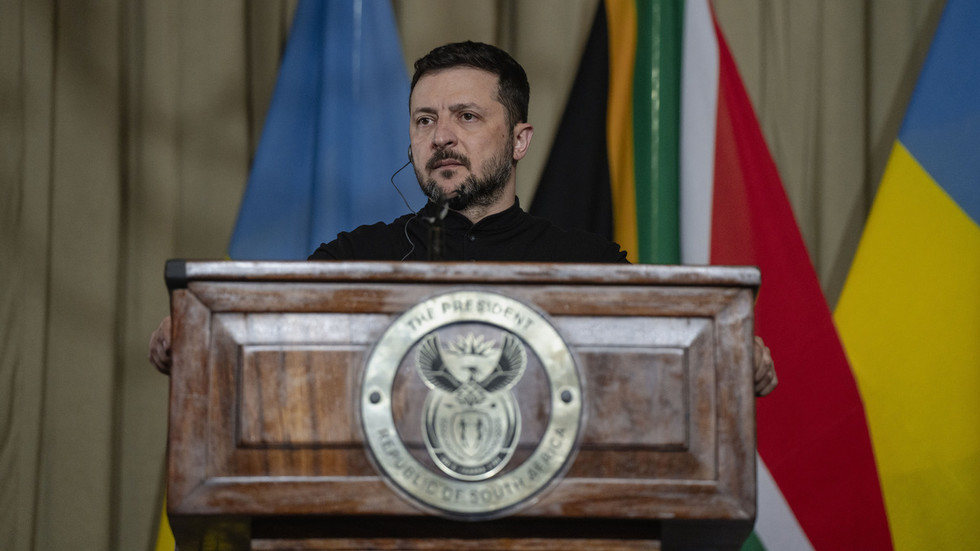The head of Pope Francis’s medical team has revealed new details about the pontiff’s final moments.
The 88-year-old died quickly on the morning of Easter Monday, Dr Sergio Alfieri, who oversaw the Pope's treatment for pneumonia earlier this year at Rome's Gemelli hospital, said in interviews published on Thursday.
Francis died without undue suffering and medical intervention could not have saved him, Dr Alfieri said.
He recounted receiving an urgent call around 5.30am on Monday, summoning him to the Vatican. Arriving about 20 minutes later, he found the Pope conscious but unresponsive.
"I entered his rooms and he (Francis) had his eyes open," Dr. Alfieri told Corriere della Sera.
"I ascertained that there were no respiratory problems. And then I tried to call his name, but he did not respond to me."
Dr Alfieri said he recognised the gravity of the situation.
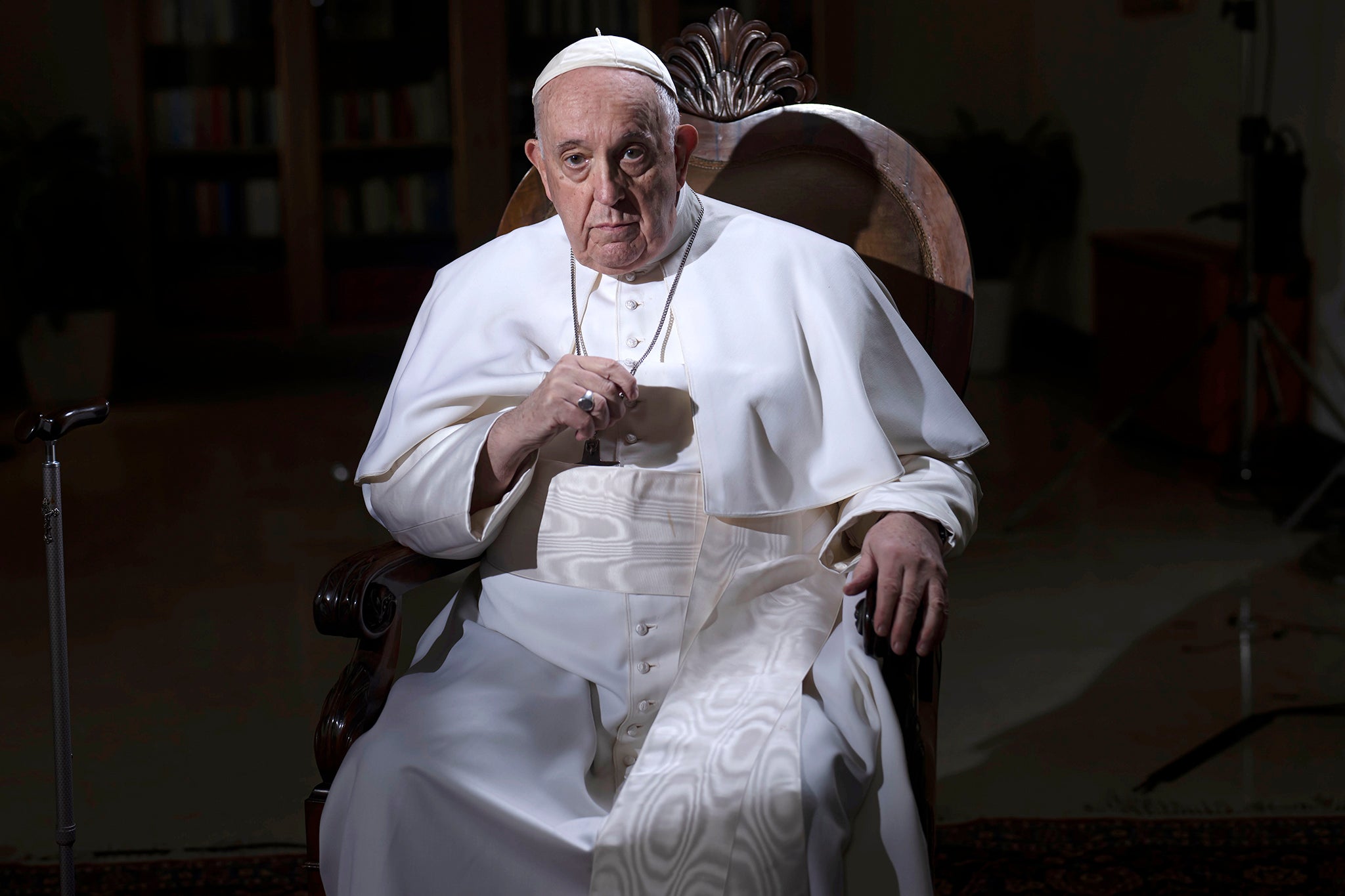
"In that moment I knew there was nothing more to do. He was in a coma."
In another interview with La Repubblica, Dr. Alfieri mentioned that some officials present suggested immediately transporting the Pope back to Gemelli hospital. However, given the circumstances, it was determined that further medical intervention would have been futile.
"He would have died on the way," said the doctor.
"Doing a CT scan we would have had a more exact diagnosis, but nothing more. It was one of those strokes that, in an hour, carries you away."
Francis had nearly died while fighting pneumonia, but his death came as a shock.
Just the previous day he appeared in St. Peter's Square in an open-air popemobile to greet cheering crowds on Easter Sunday, suggesting his convalescence was going well.

Pope kept working
After Francis returned to the Vatican on March 23 after a 38-day hospital stay, Alfieri and the pope's other doctors had prescribed him a two-month period of rest to allow his ageing body to heal.
Francis, known to push himself hard, kept working. He met briefly with US Vice President JD Vance on Easter Sunday, and had visited a prison in Rome on April 17, Holy Thursday, to offer well wishes to the inmates.
Dr Alfieri said the pope listened to his doctors' advice and didn't push himself too hard.
"He (was) the pope," the doctor told Corriere. "Going back to work was part of his treatment and he was never exposed to danger."
The doctor said he last saw Francis on Saturday afternoon. "He was very well," said Dr Alfieri, who said he gifted the pope some pie, in a flavour he knew the pontiff liked.
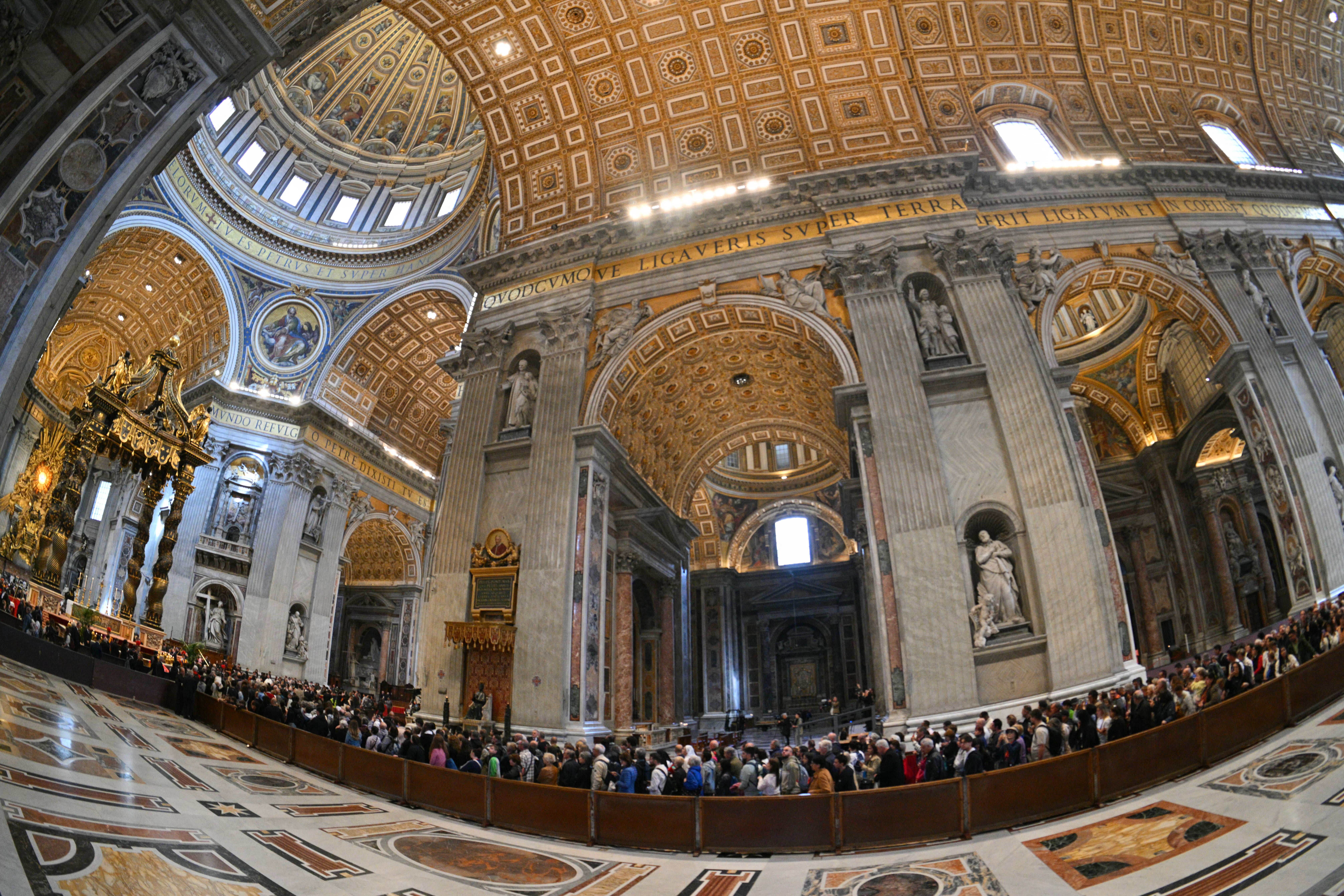
He recounted the pope saying, "I am very well, I have started working again, and I like it."
"We knew that he wanted to go home to be pope up until the last moment," said the doctor. "He didn't let us down."
In the Repubblica interview, Dr Alfieri said Francis had shared one final regret with him.
While he was happy to have visited the prisoners on April 17, he wished he had been able to perform a foot-washing ritual for the Church's celebration of Holy Thursday.
"He regretted he could not wash the feet of the prisoners," said the doctor.
"'This time I couldn't do it' was the last thing he said to me."

 6 hours ago
6
6 hours ago
6

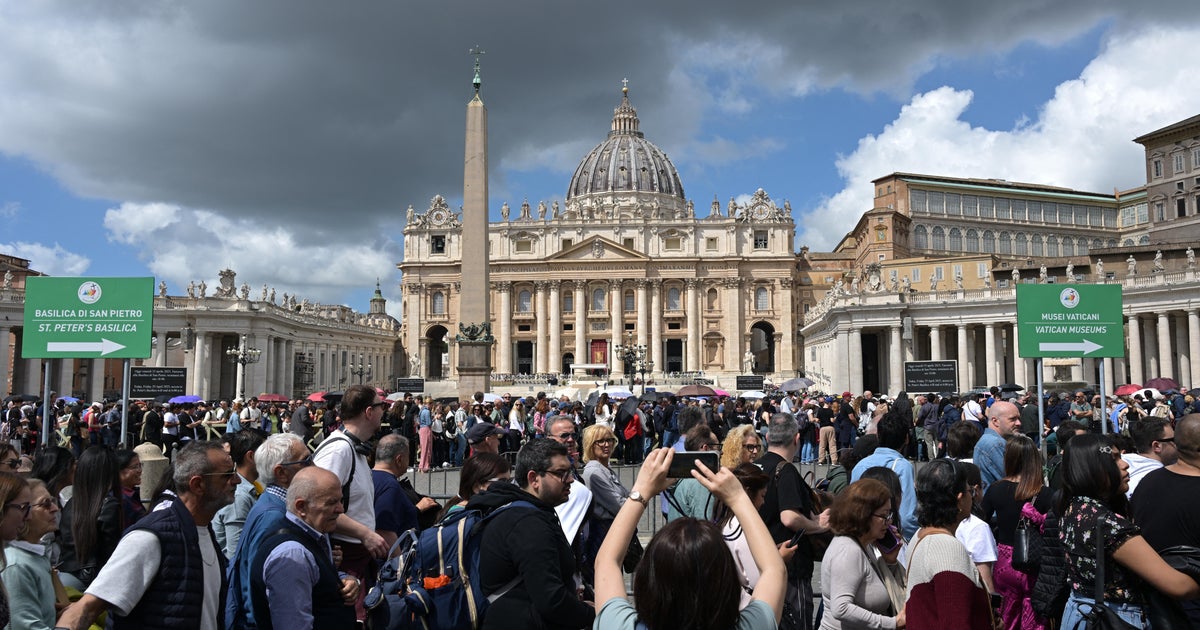

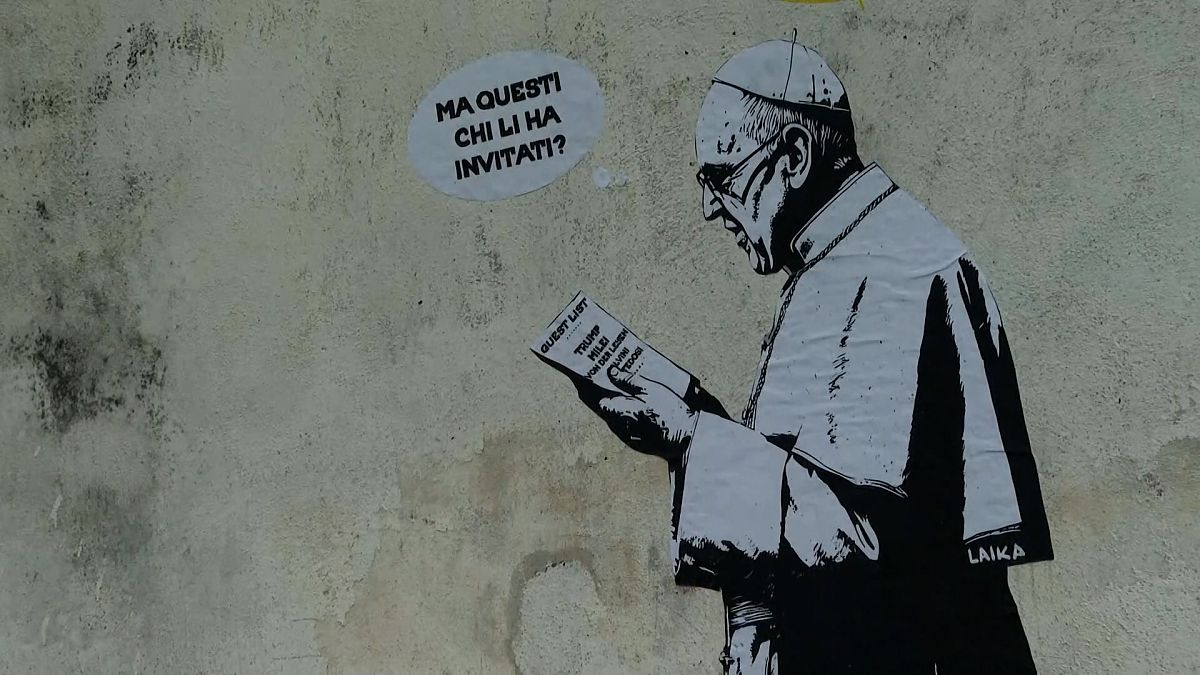
.png?trim=0,0,0,0&width=1200&height=800&crop=1200:800)
